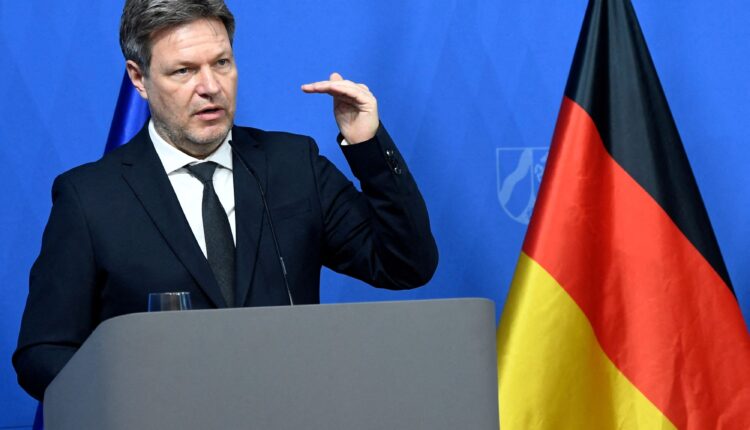GDP decreases and inflation increases in Germany
The new projections on economic growth for the end of 2022 in Germany indicate that GDP will be 2.2 % and inflation will close at 3.6 %
The German Economy and Climate Minister, Robert Habeck, admitted that the war between Russia and Ukraine is impacting the German economy and pointed out that the new growth projections for the end of 2022 highlight that the GDP will grow only 2.2 % in compared to the 3.6% estimated in January. While inflation was estimated at 6.1 %, instead of the previously forecast 3.3 %.
According to Habeck, Germany after the pandemic and the war, the country “pays the price for its support of Ukraine, and we must be willing to pay that price.”
The analysis of the economic situation of the country and the update of the projections in the macroeconomic variables of the government draw a quite complex horizon, more critical than what was estimated in the month of January. The new figures show slower growth and almost double inflation.
On the other hand, the finance minister, Christian Lindner, is updating the national budget and plans “additional debts of almost 40,000 million euros”. Also, during this year, the federal government estimates to lose approximately 3,150 million euros in tax revenue as a result of the temporary reduction of the tax on fuels.
New measures to face the energy crisis
The German government also approved a new package of measures that allow citizens to face the serious economic crisis. Among the measures contemplated, the following stand out: fuel tax cuts for the next three months, cheaper tickets for local public transport and new aid for citizens equivalent to billions of euros.
To comply with these measures, especially those related to energy, the government relies on the support of companies in applying discounts to customers. The Ministry of Finance explained that the tax on “gasoline is reduced by 29.55 per liter and that of diesel by 14.04 cents, despite the fact that prices are not currently at their highest level since the start of the crisis.”
Workers who are subject to paying taxes will also receive aid equivalent to “300 euros gross to compensate for high energy costs.” And the subsidy for children will be made as a “single payment of 100 euros per child”, which will be automatically deposited by the family fund to the beneficiary’s bank account.
Another measure that the government is starting is the large construction project, with which it hopes to build 400,000 homes in a year, in order to lower rental costs.
M. Rodriguez
Source: abc.es


